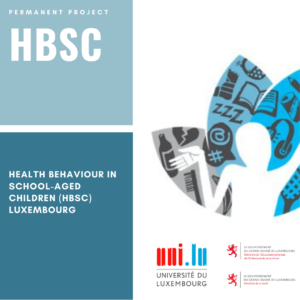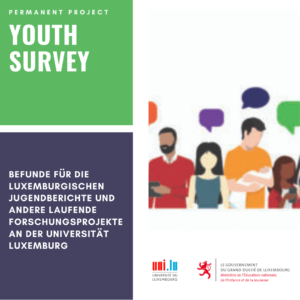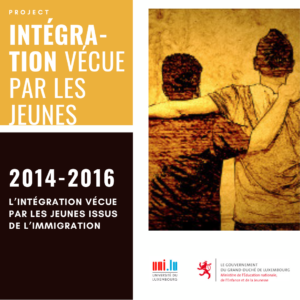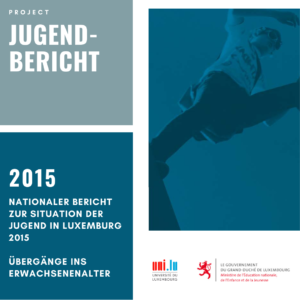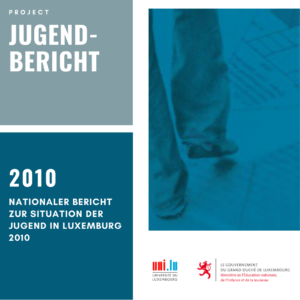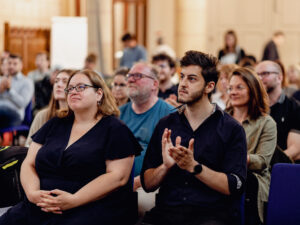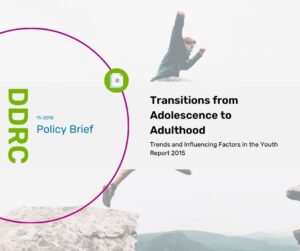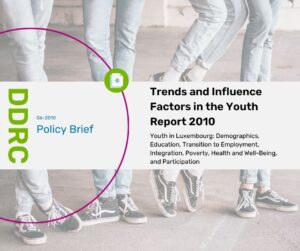The concept of socialization has a long tradition in sociology, psychology and education. According to Corsaro (2020), socialization is the process by which individuals learn and adapt to the rules of a particular society, culture, or group in order to participate appropriately in it. Individual processes of acquiring skills and knowledge as well as processes of interaction and collective processes play an important role in socialization. In more recent approaches, children and adolescents are increasingly seen as actors capable of making their own decisions for their lives. Social context and the connection to social inequalities are also critically discussed in the context of socialization.
Even though socialization is a lifelong process, in our projects we look at the phase of life of children and adolescents in which socialization plays a central role. In our findings we see how important the family is as an instance of socialization. As children and adolescents grow up, the family is increasingly supplemented or replaced by other communities and groups such as groups of friends, the school community or society. In our projects we also investigate topics such as gender identity, multiculturalism, social inequalities as well as private transitions into adulthood, e.g. partnership and parenthood.


